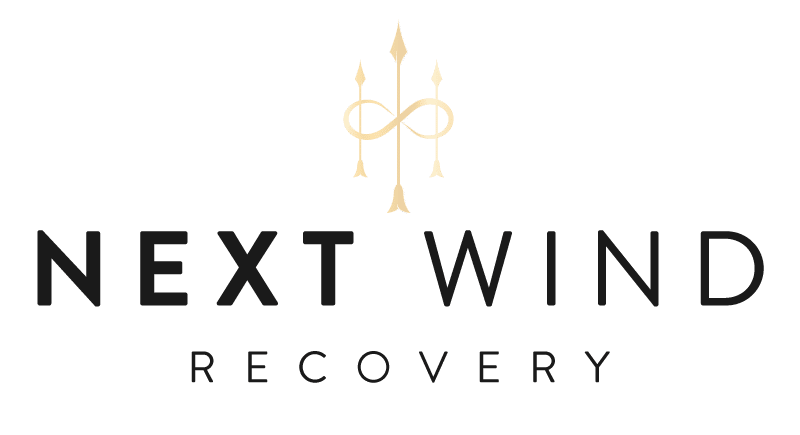Group therapy can be used to provide relief to those struggling with anxiety, depression, post-traumatic stress disorder (PTSD), alcohol and substance abuse, attention deficit hyperactivity disorder (ADHD), and other forms of trauma.
It is a form of psychotherapy that is provided to multiple patients at the same time by one or more medical professionals.
Most therapy groups are focused on a particular problem. Depending on the type of challenge a person faces, in some cases, group therapy might be the best treatment option for recovery.
Do you struggle with or know anyone who struggles with any of these problems? Visit us today at Next Wind Recovery to discover the New Jersey addiction treatment options available to you and the best approach to deal with whatever the challenge.
What Are the Benefits of Group Therapy?
There are different types of group therapy, and they have certain benefits that are common to them all. Some of the major benefits of group therapy are listed below.
Different Viewpoints
People have the propensity to view difficulties and situations differently due to their varied personalities and background. This serves as one of the many benefits of group therapy. This is because it includes input from a range of viewpoints.
One can look at the approach of others when faced with similar situations and apply them when handling their challenges and issues.
Additionally, group participants often handle their treatment at different phases and can share their experiences and coping mechanisms with others.
Self-esteem
Having fellow group members as friends, companions, and a support system could serve as a safety net in cases where a member relapses. This relationship could also help to boost confidence and self-esteem. With this assurance, a member can safely venture outside the group knowing that they have people to fall back on if they falter.
Confidentiality
Participants in group therapy must maintain discretion outside of the group, just like in individual treatment. Members of the group typically should sign a confidentiality agreement, even if they aren’t held to the same ethical standards as licensed therapists. In instances where the experiences of others are to be shared with the group, initials can be used to protect the identity of participants.
Accountability
When group members offer encouragement, criticism, and suggestions for dealing with difficulties, it helps others develop a sense of accountability from wanting to win the group’s approval and favor, encouraging them to move closer to attaining their objectives.
What Are Effective Types of Group Therapy?
Many types of group therapy are most effective when the participants take it seriously and show a certain level of commitment to the treatment regime.
Some of the most effective types of group therapy include the following.
Relapse Prevention Groups
When a person completes a drug treatment program, they may believe their recovery journey is completed. In actuality, the real work of rehabilitation begins when a person returns to their normal daily activities. People recovering from addiction are most vulnerable during the first few months of recovery, and persons new to sobriety require extra care to make this transition much easier.
Relapse prevention support groups are a common feature of aftercare programs, and they are aimed to assist clients in identifying environmental triggers that may lead to relapse.
Psychotherapy Group
Group psychotherapy is founded on the notion that interpersonal relationships are required to govern all areas of daily life. These groups concentrate on what members can do right now and assist members in forming a cohesive group in which they may freely share their achievements and setbacks in a secure and supportive environment.
Individual group members must be able to converse freely with each other if therapists employ psychotherapy in a group environment. These meetings assist folks new to recovery in developing the interpersonal skills required to effectively communicate with others in a healthy manner.
Cognitive Therapy Group
These groups employ Cognitive Behavioral Therapy (CBT) and other comparable therapy approaches to assist recovering addicts newly in identifying behavioral patterns that have kept them trapped in their substance abuse.
Therapists in cognitive therapy groups work with clients to manage their mental processes and addictive behaviors and provide them with methods to cope with stresses and triggers in a more proactive manner, without using drugs and alcohol.
Support Groups
Support groups can assist people in coping with major life upheavals, such as the death of a loved one.
Members of support groups give and receive unconditional acceptance.
Members are also encouraged to reflect on their personal views and habits that could cause them to turn to drugs or alcohol to cope.
How to Find Group Therapy Programs in North Jersey
Are you or your loved ones struggling with addiction, grief, or trauma, and living in North Jersey? Visit us today at Next Wind Recovery to get the best treatment for your challenges in the most comfortable and serene environment with well-trained professionals. Contact Next Wind Recovery today to learn more about our New Jersey drug rehab center.








